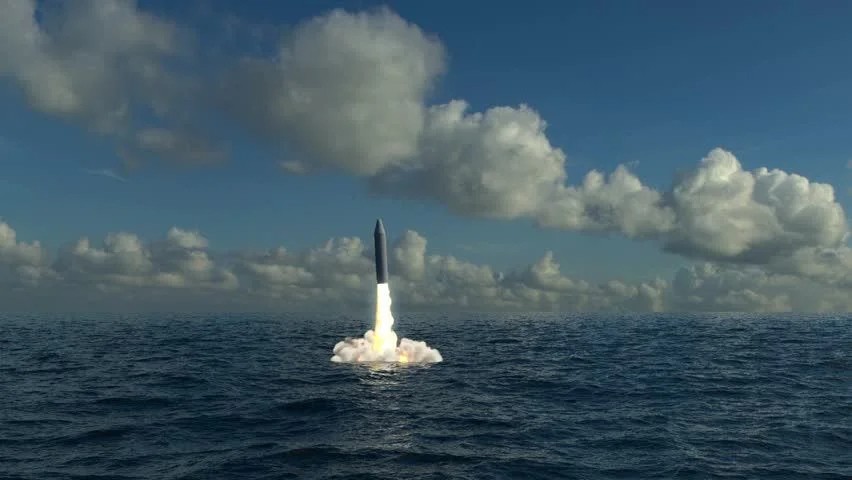North Korea fired an "unknown projectile" on Wednesday which appeared to fail immediately after launch, South Korea's military said after Japanese media reported a suspected missile launch by the nuclear-armed North.
The launch comes after the United States and South Korea warned that North Korea may be preparing to test-fire an intercontinental ballistic missile (ICBM) at full range for the first time since 2017.
The projectile was fired from an airfield outside the North Korean capital of Pyongyang, South Korea's Joint Chiefs of Staff (JCS) said in a statement.
"It is presumed that it failed immediately after launch," the statement said.
A source at Japan's Ministry of Defence called the projectile a potential ballistic missile, Japanese public broadcaster NHK reported.
The airfield has been the site of several recent launches, including on February 27 and March 5. North Korea said those tests were for developing components of a reconnaissance satellite and did not identify what rocket it used, but Seoul and Washington said they were tests of a new ICBM system.
Reclusive North Korea has fired missiles at an unprecedented frequency this year, conducting its ninth weapons test on March 5, drawing condemnation from the United States, South Korea and Japan.
The USS Abraham Lincoln aircraft carrier led military exercises in the Yellow Sea, and air defence artillery at Osan air base in South Korea intensified drills in response to the increased North Korean missile activity, U.S. forces in Asia said on Tuesday.
The new ICBM system, the Hwasong-17, was unveiled at a military parade in 2020 and reappeared at a defence exhibition in October 2021.
The February 27 and March 5 launches did not demonstrate the missile's full range, and analysts said the North might have used only one stage of the missile or adjusted its fuel volume to fly at lower altitudes.
The Hwasong-17 would be North Korea's largest ICBM yet, and the government appears to be restoring some tunnels at its shuttered nuclear test site, U.S. and South Korean officials said last week.
North Korea has not tested an ICBM or nuclear bomb since 2017, but has said that it could resume such testing because denuclearisation talks with the United States are stalled.
REGIONAL RESPONSE
U.S. National Security Adviser Jake Sullivan and China's top diplomat Yang Jiechi discussed North Korea in Rome on Monday during talks that focused on Ukraine.
A senior U.S. official said the two discussed ensuring there would soon be follow-up talks to earlier discussions between U.S. Special Representative for North Korea Sung Kim and his Chinese counterpart, Liu Xiaoming, on ways to press Pyongyang to drop its nuclear weapons programme.
The official said Washington had "serious concerns about the recent escalatory actions" by North Korea and Sullivan made clear to Yang the steps the United States believed to be necessary.
Last week, the United States and 10 other countries bemoaned the failure of the U.N. Security Council - where China has veto power - to condemn North Korea's repeated missile launches, saying this eroded the credibility of the council and the global non-proliferation regime.
Washington imposed fresh North Korea-related sanctions on Friday, targeting Russian individuals and companies after the two recent launches.
Past U.S. punitive steps and international sanctions at the United Nations have failed to arrest North Korea's weapons development.
Russia and China, which backed U.N. sanctions after North Korea's last ICBM and nuclear tests in 2017, have since argued that sanctions should be eased to encourage dialogue.










